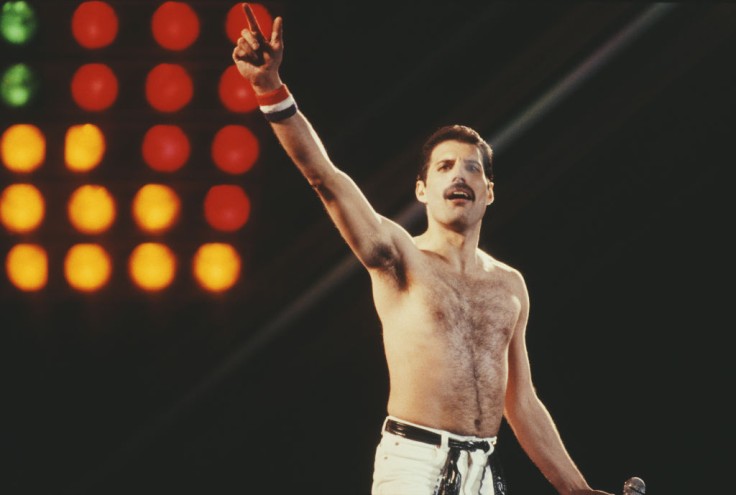
Mercury died 31 years ago, after a long and hard battle against the complications brought about by HIV and AIDS. His death not only devastated the world but also his Queen bandmates, Brian May and Roger Taylor.
In an interview, May revealed that he and Taylor struggled the most with coping with Mercury's death: "Me and Roger both, I think, completely overreacted to Freddie's death, if it's possible to say that. In other words, we went so far away along the path of trying to forget that we over-grieved and we sort of denied the existence of Queen for a while. I certainly know I did."
Queen went on to release one last album "Made In Heaven" in honor of their late friend, in which they gathered songs from their last moments with the singer.
He joined Brian May's band, "Queen," in the 1970s. Although he did not form the band, he was the frontman and singer, and with his immense stage presence, Mercury became the most recognizable out of all the members.
According to reports, he always knew which direction his music would go. He was very particular with the sound as well as the genre. This much has been evident in Queen's discography.
Aside from their extensive and impressive discography, many agree that Queen's live performances are an experience. Mercury is known to bounce from one side of the stage to another, holding his microphone.
The Show Must Go On
After his HIV diagnosis, Mercury kept much to himself and kept his performances to a minimum.
According to Express UK, during his final days, he was always cared for by his close friends and family.
In several instances, he'd declare that he was not afraid to die, he even went as far as saying: "I've lived a full life and if I'm dead tomorrow, I don't give a damn. I've lived. I really have done it all."
Peter Freestone revealed that Mercury was so sure of himself when he decided to tell the entire world what he was fighting against after years of keeping it a secret.
"I have never seen him so relaxed because the secret was out. There was nothing to hide or worry about. So he could prepare himself. It was such a huge relief to just let it out," Freestone said.
On Nov 24, 1991, at the age of 45, Mercury succumbed to death. Freestone recalled that instance and said, "I tend to feel that Freddie had decided he had had enough and it was time to go under his own terms."
Now, even 31 years after his death, Mercury is still beloved and remembered by many. He is mostly remembered as an icon and a legend, and the music he worked so hard to perfect is still being listened to and played to, up to this day.
© 2026 MusicTimes.com All rights reserved. Do not reproduce without permission.







